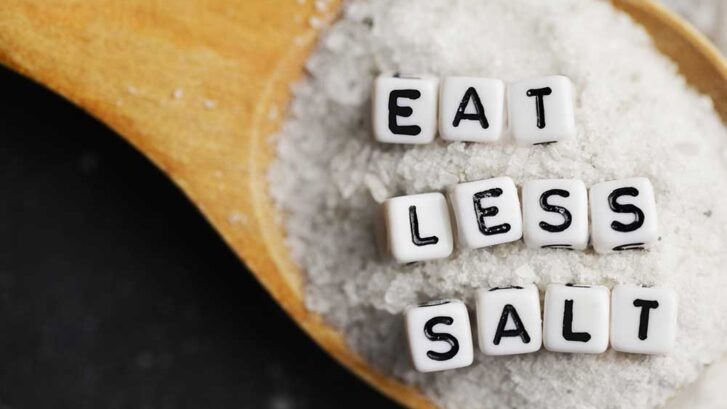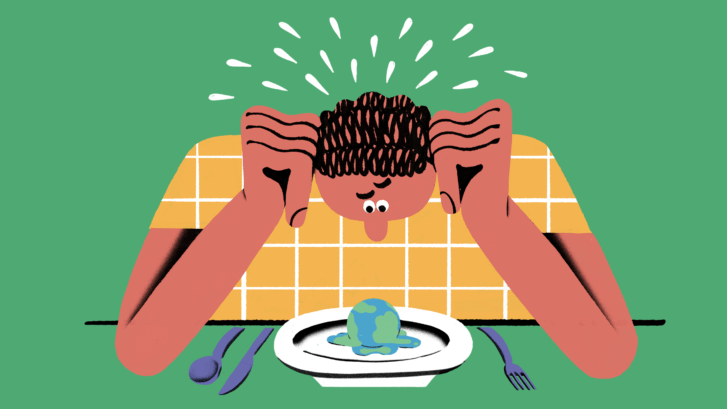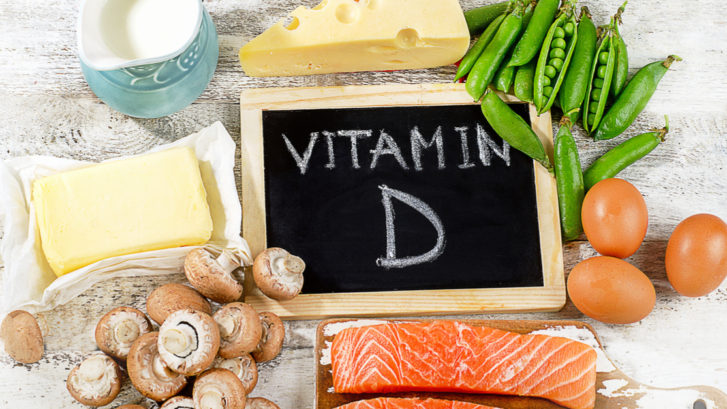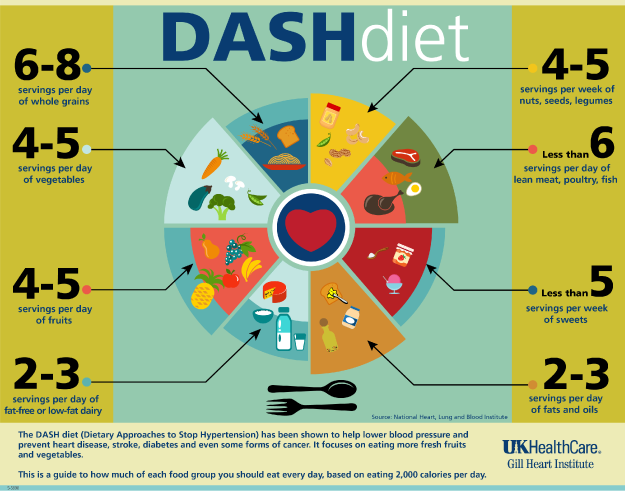A Teaspoon of Prevention: The Remarkable Impact of Reducing Salt on Blood Pressure
Understanding the Scale of Hypertension
In the United States alone, an astonishing 61.9 million adults are prescribed medication to manage their blood pressure, as reported by the Centers for Disease Control and Prevention (CDC). Hypertension, or high blood pressure, remains a leading health concern globally. But what if a simple dietary change could offer similar benefits to medication? Our primary care doctors in Jupiter want you to know about what an article published in the Journal of the American Medical Association, suggests.
The Study: Salt Reduction Equals Medication?
Conducted by a team from Vanderbilt University Medical Center, Northwestern Medicine, and the University of Alabama at Birmingham, the study observed 213 individuals aged 50 to 75. The participants’ diets were closely monitored, including a week on a low-sodium diet and another on a high-sodium regimen. Surprisingly, reducing salt intake by about one teaspoon a day (equivalent to 2,300 mg of sodium) showed a significant decrease in blood pressure, comparable to the effects of standard blood pressure medication.
Key Findings and Implications
- Broad Effectiveness: Dr. Deepak Gupta of VUMC noted that the blood pressure reduction was consistent across various groups – those with normal, controlled, untreated, and uncontrolled hypertension.
- Rapid Results: The participants experienced a notable drop in blood pressure within just a week of following the low-sodium diet.
- Public Health Impact: Dr. Cora Lewis emphasized the potential widespread benefits, considering the global prevalence of hypertension.
- No Side Effects: Dr. Bradley Serwer, reviewing the study, highlighted the advantage of dietary changes over medication, notably the lack of side effects.
The Role of Sodium in Hypertension
Sodium plays a crucial role in maintaining blood pressure levels. It attracts water, leading to increased fluid volume in the bloodstream and, consequently, higher blood pressure. This increased pressure adds strain to the heart, underscoring the importance of managing sodium intake.
Recommendations and Conclusion
The American Heart Association (AHA) recommends adults consume no more than 1,500 mg of sodium per day. This study’s findings reinforce the significance of dietary control in managing blood pressure, even for those already on medication. As hypertension contributes to a range of severe health issues and remains a leading risk factor for death worldwide, reducing salt intake could be a key strategy in improving global health outcomes. As Dr. Gupta puts it, preventing hypertension is crucial for longer, healthier lives. This study demonstrates that sometimes, less is more – especially when it comes to salt.











